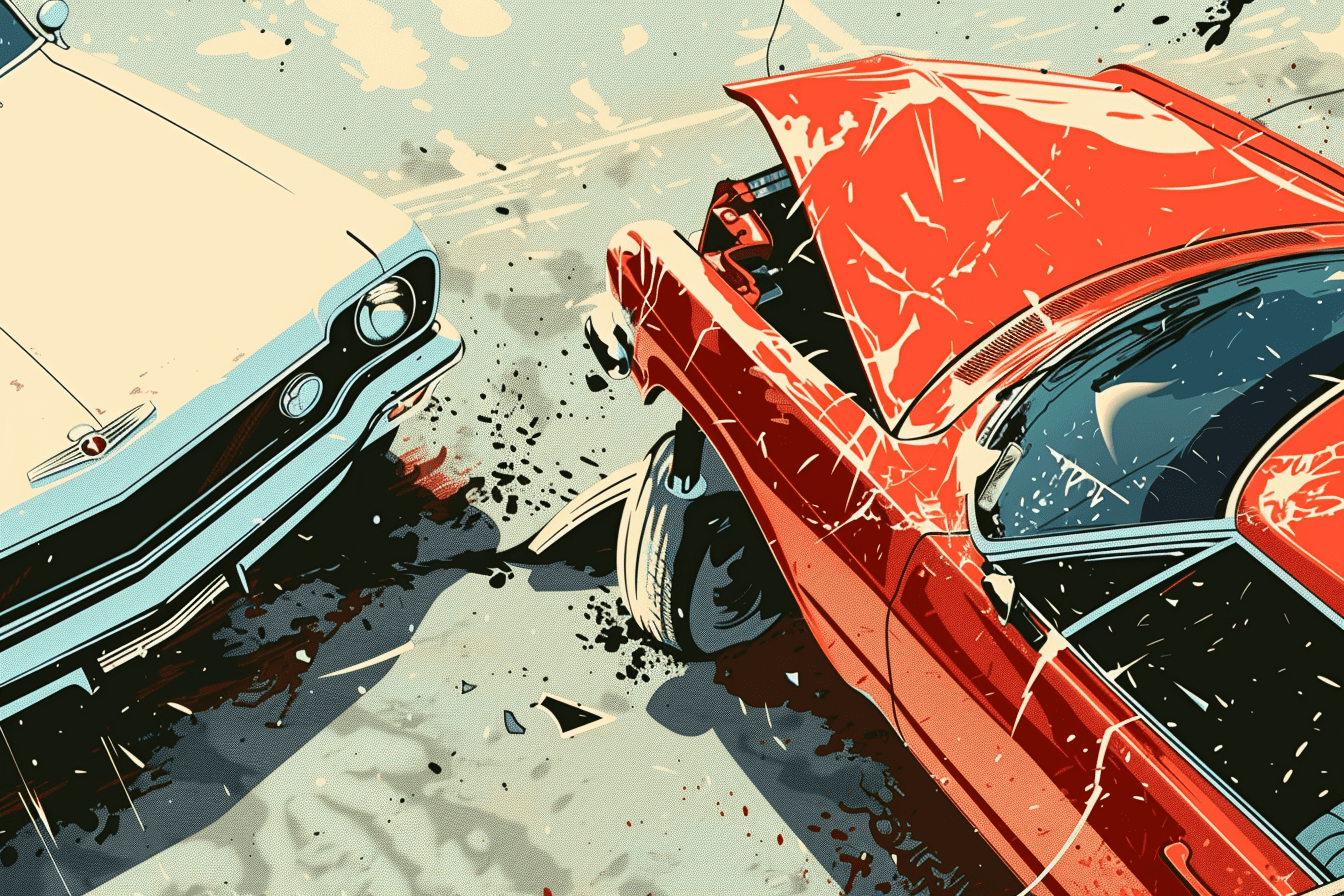Being at fault in a car accident in Florida can have significant legal, financial, and personal consequences. Understanding what to expect and how to navigate the aftermath is crucial. Here’s a detailed look at what happens if you are at fault in a car accident in Florida:
Immediate Steps After the Accident
- Ensure Safety and Call for Help: First and foremost, ensure that everyone involved in the accident is safe. Call 911 to report the accident and request medical assistance if needed.
- Exchange Information: Exchange contact and insurance information with the other driver(s). This includes names, addresses, phone numbers, driver’s license numbers, license plate numbers, and insurance policy details.
- Document the Scene: Take photographs of the accident scene, including vehicle damage, road conditions, and any visible injuries. This documentation can be crucial for insurance claims and potential legal proceedings.
- File a Police Report: In Florida, if the accident results in injury, death, or property damage exceeding $500, you must report it to the local police, sheriff, or Florida Highway Patrol. Obtain a copy of the police report for your records.
Determining Fault
Florida operates under a comparative negligence system, meaning that fault can be shared among multiple parties. The degree of fault assigned to each party will impact the outcome of insurance claims and potential lawsuits. The police report, witness statements, and evidence collected at the scene will help determine fault.
Insurance Requirements and Coverage
Florida is a no-fault state, meaning that each driver’s insurance typically covers their own medical expenses regardless of who caused the accident. Here are the key insurance coverages involved:
- Personal Injury Protection (PIP): PIP coverage is mandatory in Florida and provides up to $10,000 for medical expenses, lost wages, and other related costs, regardless of fault.
- Property Damage Liability (PDL): PDL coverage is also mandatory and covers damage you cause to someone else’s property. The minimum required coverage is $10,000.
- Bodily Injury Liability (BIL): While not required by Florida law, BIL coverage is highly recommended. It covers injuries you cause to others in an accident where you are at fault. If you have BIL coverage, it can help pay for the other party’s medical expenses and legal fees.
Legal and Financial Consequences
- Ticket or Citation: If you are found at fault, you may receive a traffic citation for violations such as speeding, reckless driving, or failure to yield. Fines and points on your driving record can result.
- Increased Insurance Premiums: Being at fault in an accident typically leads to higher insurance premiums. Your insurance company may consider you a higher risk, resulting in increased rates.
- Out-of-Pocket Costs: If the damages exceed your insurance coverage limits, you may be personally responsible for the remaining costs. This could include medical expenses, property damage, and legal fees.
- Lawsuits: The other party may file a lawsuit against you for additional compensation, especially if they have significant medical expenses or property damage that exceeds your insurance coverage. In such cases, you may need to hire an attorney to represent you.
Comparative Negligence
Under Florida’s comparative negligence rule, if you are partially at fault, your compensation may be reduced by your percentage of fault. For example, if you are found to be 70% at fault, you would be responsible for 70% of the damages, and your compensation for any claim you make would be reduced by 70%.
Steps to Take If You Are At Fault
- Notify Your Insurance Company: Report the accident to your insurance company as soon as possible. Provide them with all relevant information and documentation.
- Cooperate with Investigations: Cooperate with your insurance company’s investigation and any law enforcement inquiries. Provide accurate and truthful information.
- Consider Legal Assistance: If the accident involves significant damages or injuries, or if you anticipate legal action, consider hiring an attorney to help navigate the legal complexities and protect your interests.
- Follow Medical Advice: If you or anyone else involved in the accident is injured, seek medical attention and follow all recommended treatments. Keep records of all medical visits and expenses.
Publisher: Source link












